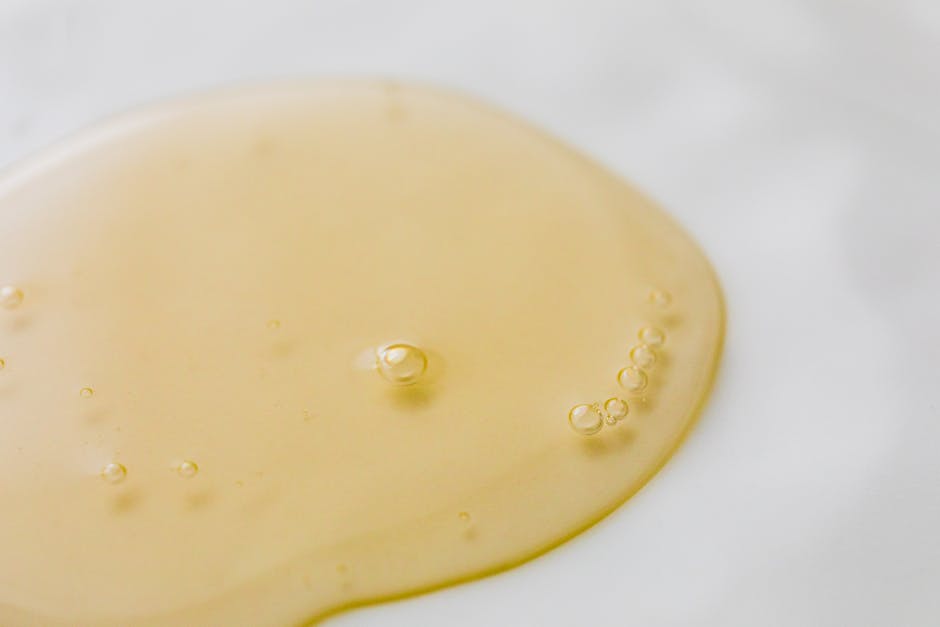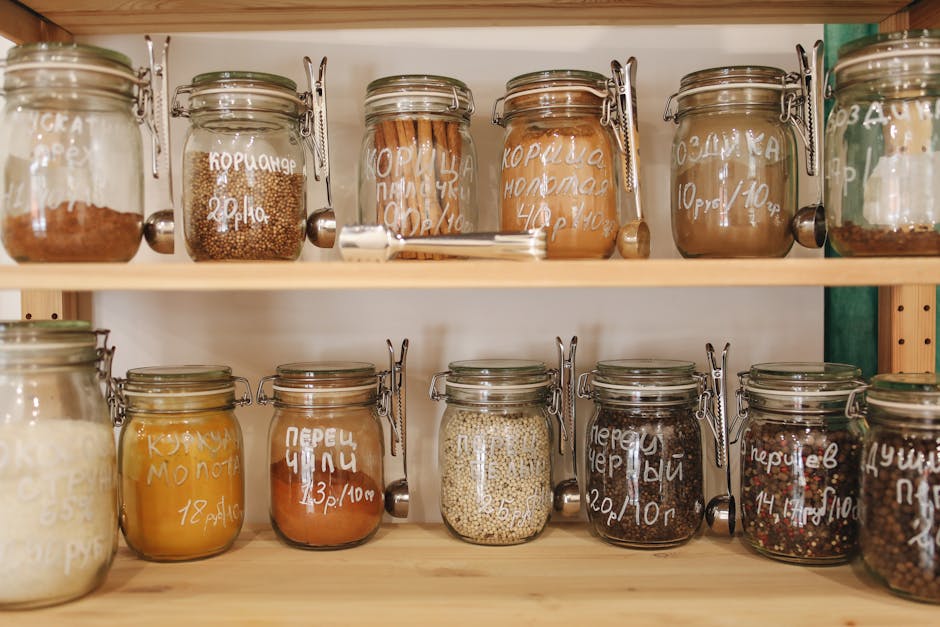
Why ‘Gentle’ Face Wash Isn’t Always What You Think
If your “gentle” cleanser leaves your skin feeling tight, dry, or red—you're not alone. While labels may promise softness and sensitivity, the truth behind many so-called gentle face washes is more complex. In this guide, you'll uncover the ingredients to avoid, how to exfoliate your face naturally, and build a routine your skin can actually trust.
What Makes a Face Wash ‘Gentle’?
The term “gentle” is often loosely defined. A truly gentle face wash for sensitive skin should be free of harsh surfactants like sodium lauryl sulfate, synthetic fragrance, and drying alcohols. Instead, it should include soothing, pH-balanced ingredients like glycerin, chamomile, or oat extract that cleanse without stripping your skin’s barrier.
- pH-balanced (4.5–5.5)
- Fragrance-free or naturally scented
- Contains humectants like glycerin or hyaluronic acid
- Free from sulfates, parabens, and drying alcohols
Best Gentle Face Wash for Sensitive Skin
Gentle face wash for sensitive skin should cleanse without causing irritation, dryness, or inflammation. Choose formulas with calming botanicals and avoid harsh surfactants and artificial fragrances to maintain your skin's moisture barrier.
| Brand | Key Features | Good For |
|---|---|---|
| CeraVe Hydrating Cleanser | Ceramides, Hyaluronic Acid, Fragrance-Free | Dry and sensitive skin |
| La Roche-Posay Toleriane | Niacinamide, Prebiotic Thermal Water | Redness-prone, reactive skin |
| Vanicream Gentle Facial Cleanser | No dyes, fragrance, parabens, or formaldehyde | Highly sensitive and allergy-prone skin |
The Misleading Language of “Gentle” Skincare Labels
Just because a product says “gentle” doesn’t mean it’s actually suitable for sensitive skin. Many cleansers marketed this way still contain hidden irritants—like essential oils, denatured alcohol, or “natural” exfoliants like walnut shell—that can worsen redness and dryness. Have you checked your face wash label lately?

- Watch out for: Citrus oils, menthol, synthetic dyes
- Instead, look for: Centella Asiatica, Aloe Vera, Panthenol
How to Exfoliate Face Naturally
Natural exfoliation is possible without harsh scrubs or chemicals. Instead, use fruit enzymes, oatmeal, or muslin cloths to gently slough away dead skin while respecting your skin barrier.
- Use a gentle enzyme mask 1–2x a week (e.g., papaya or pumpkin-based)
- Try colloidal oatmeal mixed with honey for a calming exfoliant
- Apply exfoliants after cleansing, never on broken skin
- Always follow with moisturizer and sunscreen

Choosing a Gentle Exfoliant for Dry Skin
When choosing a gentle exfoliant for dry skin, opt for hydrating acids like lactic acid or ingredients that combine exfoliation with moisture retention. Harsh physical scrubs can create micro-tears, while hydrating exfoliants maintain skin integrity.
- Lactic Acid (humectant + exfoliant)
- PHA (Polyhydroxy Acid) – ultra gentle and hydrating
- Milk or yogurt masks – natural source of lactic acid

Creating Gentle Skincare Routines That Actually Work
Building gentle skincare routines doesn’t mean skipping steps—it means choosing the right steps. Begin with a non-stripping cleanser, add hydrating layers, and protect your skin barrier with consistent care.
- Cleanse with a gentle, pH-balanced face wash
- Apply a hydrating toner or mist (no alcohol)
- Use a serum with hyaluronic acid or ceramides
- Moisturize with fragrance-free cream
- Apply sunscreen every morning, even indoors

FAQs
Is a gentle face wash enough for a full skincare routine?
No. While a gentle face wash is a great start, you still need hydration, moisture, and sun protection to support your skin barrier and achieve results.
Can I use a gentle exfoliant daily?
Not always. Most gentle exfoliants should be used 2–3 times a week, depending on your skin's tolerance. Daily use can lead to irritation, even with mild formulas.
How do I know if my face wash is too harsh?
If your skin feels tight, itchy, or red after cleansing, your face wash may be too harsh—even if it’s labeled “gentle.” Look for fragrance-free, low-foam options instead.
What ingredients should I avoid with sensitive skin?
Avoid denatured alcohol, synthetic fragrance, menthol, essential oils, and harsh surfactants like SLS. Opt for ingredients like ceramides, aloe, and glycerin.
Pillar Article: Sensitive Skin 101: Choosing the Right Gentle Face Cleanser
Other Related Articles:
- Stop Overdoing It: The Best Gentle Exfoliating Cleansers for Beginners
- Your First Skincare Routine: Where Does a Gentle Scrub Fit In?
- What Is a Sensitive Skin Facial Cleanser? (And Do You Need One?)
Explore More:



0 Comments